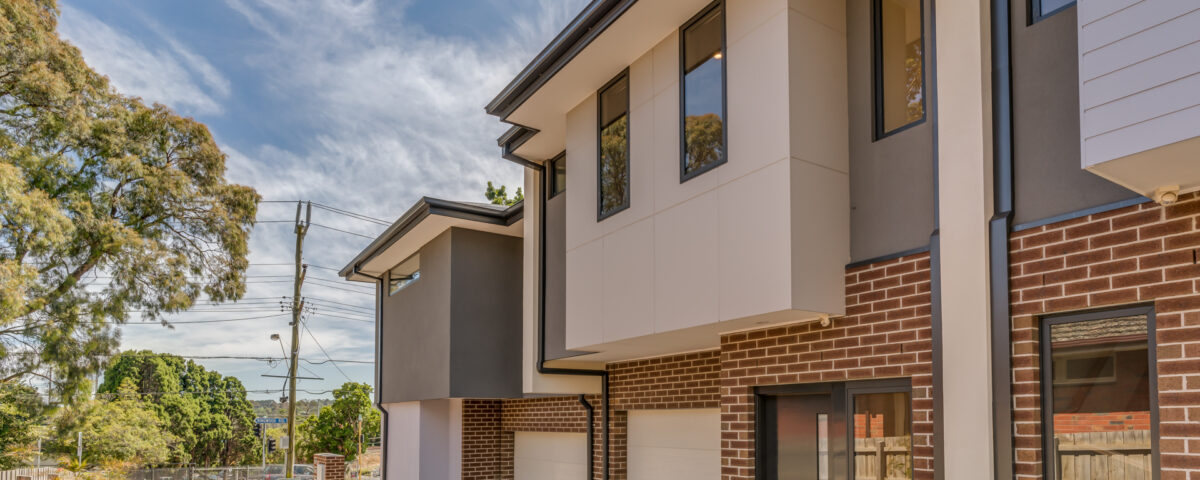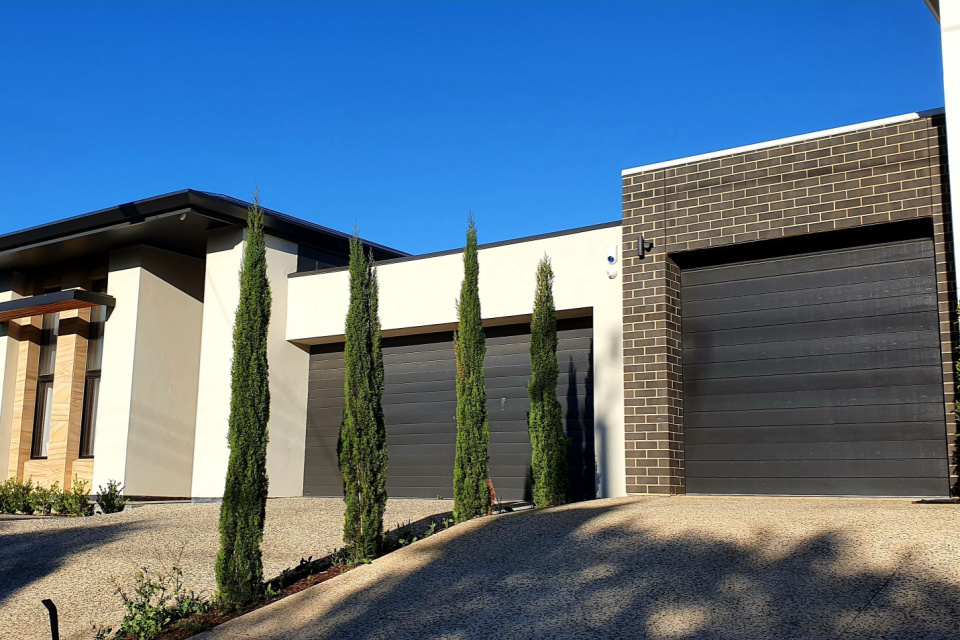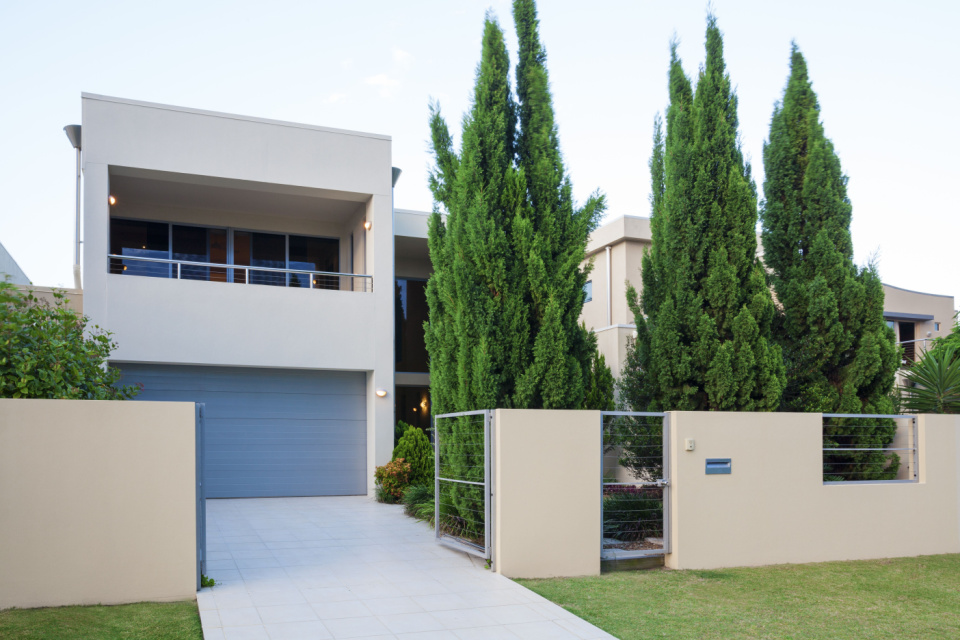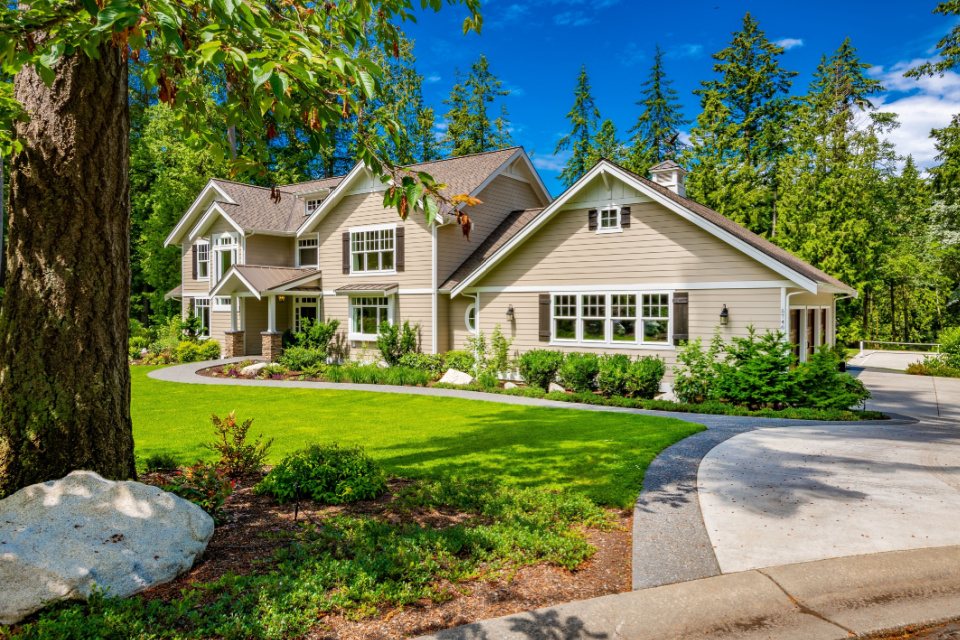
5 Challenges Faced When Building on a Sloped Site
04/11/2019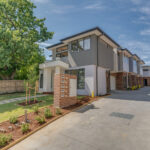
Custom House Builders vs. Volume Builders: What You Need to Know
01/18/2022Building your dream home from scratch can be exciting, and a bit daunting.
Between finding your builder and deciding on your design and fittings, there’s a lot of important steps to consider, and costs can quickly add up.
In fact, a new home is often the largest financial outlay you will experience in your life, so it’s important to take the time at the beginning to establish clarity on your budget and needs.
Designing your home from scratch is also a lot of fun, and a custom build allows you choice over the design and function of your home. This means you can create the perfect space for your needs now, and into the future.
Drawing on our experience guiding many client’s through the custom build process, we have put together our top tips for budgeting your custom build.
Decide on your goals
When setting your custom build budget, it’s important to know your goals for the house.
Will it be a forever home, or an investment property?
If you’re building an investment property, it’s helpful to consider what features are popular with tenants in the area before finalising your design.
Key points:
- What are the goals for this house?
- Will it be a forever home or an investment property?
- What features are popular with tenants in the area?
Know what you can spend. Set a realistic budget
Before you and your builder can set out to create a detailed budget, you need to know how much money you have to work with. Speaking with your bank or lender is a great first step.
Once you know how much you can borrow, it’s time to prepare your budget.
To create your budget, work out what your home needs in order to be functional and to have space for you to grow into it (for example, do you need an extra bedroom?).
Additionally, factor in costs for:
- Conditions of your site (including soil type and slope)
- House design and layout
- Any council or state design and permit requirements
- Essential services
- Scope of works
- Materials and fittings
- Funds for unforeseen circumstances.
Some people find it helpful to create two lists – one for needs (essential), and the other for wants (negotiable). This way you can easily make adjustments without accidentally crossing off a non-negotiable item.
Key points:
- Check your borrowing estimate
- Create two lists – one for house essentials, and the other for those negotiables that would be nice if there’s money in the budget
- Prepare your budget using the above list of potential costs as a guide
Engage a reputable builder and architect
Finding your builder early on can help with understanding costs and preparing your budget.
To reduce the overwhelm of choice, ask around your networks to see if there’s anyone who comes recommended.
Reading online reviews and customer testimonials on Google and social media can also help narrow down the reputable companies.
A good builder will be able to give you a solid idea of the total cost up front, with consideration to your site conditions and any council regulation costs.
They will also discuss your design and specification selections early on, including number of bedrooms, how many stories you need, kitchen style, living areas and outdoor spaces. Additionally, they will discuss flooring choices, appliances and more.
Key points:Ask your network and check online reviews and testimonials to find a reputable builder and architect early on
Ask them to provide you with a quote for the total cost (including consideration of site conditions and any council costs)
Ask them to include your design and specification selections.
Avoid budget blow-outs
Whilst it can be tempting to accept the cheapest quote you get, watch out for fine print details that might lead to surprise costs later on.
In particular, any quotes listing ‘prime cost’ and ‘provisional sum’ items are worth looking into further before signing off on works.
Be clear on everything that is in your quote and include as many of your custom build requirements as possible before signing. This will avoid excessive variations down the track.
Key points:
- Thoroughly check the fine print on all quotes you receive paying close attention to any listings for ‘prime cost’ and ‘provisional sum’ items
- Make sure you’re clear on everything that is written in the quote before you sign anything.
Looking for support with your custom build?
At Toto Properties, our in-house architect, engineer and builder work to customise your dream home right from the beginning, with attention to your preferences and budget. Get in touch with us today.

